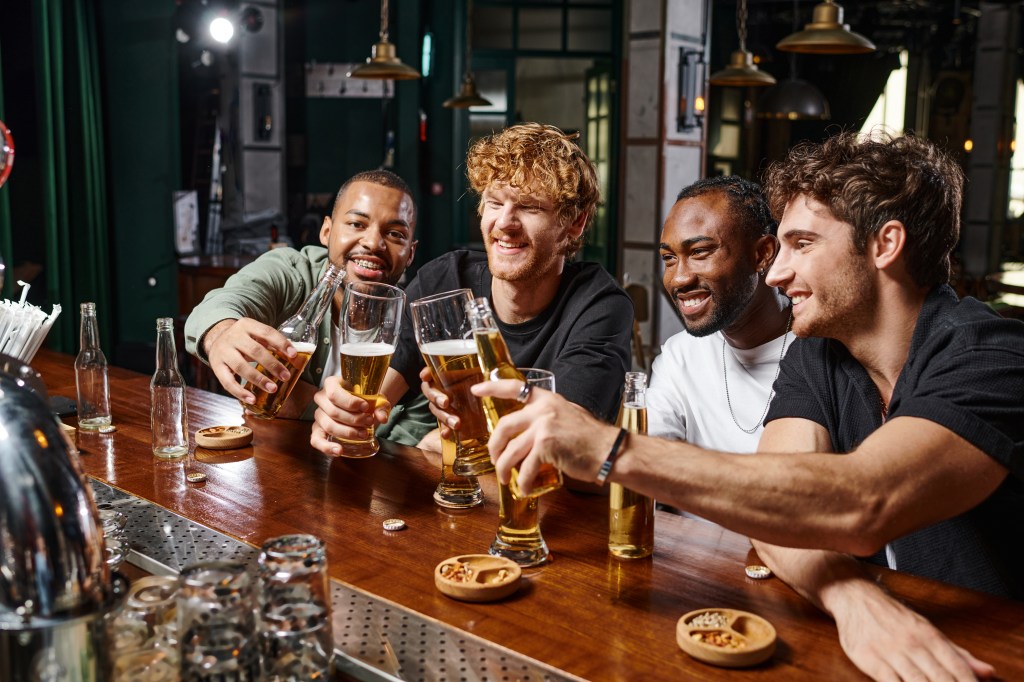In an ongoing interview series, the leaders of Nielsen’s global field teams provide insights and observations on what they’re witnessing as they conduct their store audit work under the difficult conditions the COVID-19 outbreak has created.
Joe Fan is Input Operations leader in China
In addition to wide-ranging government action that appears to have slowed the rise of COVID-19 in China, Fan says he believes the country’s experience with the SARS outbreak almost 20 years ago helped large portions of the population to quickly pivot to preventative health measures they used in the past.
Fan says he believes people who lived through the 2002-2003 SARS outbreak, which killed more than 700 people worldwide, have maintained the right mindset during the current health crisis. Nielsen has also identified other parallels with the SARS epidemic that started in China.
After the first cases of COVID-19 were detected in Wuhan, Hubei Province, China moved swiftly to isolate the province and then launched a wider lockdown across the country. Fan, who has a team of more than 1,200 retailer auditors operating across China, said access for his team was difficult, but they remained protected throughout the toughest days of the crisis. Their diligence included daily health checks for Nielsen auditors and working closely with retailers to ensure as much risk as possible was removed during in-store visits.
In February, many of the smallest villages that Nielsen normally audits were completely out of bounds as local farmers kept outsiders away during their period of isolation.
At the height of the lockdown, only about 20% of stores remained open, normal openings started to return quickly by March.
Fan also complimented his team, saying that many volunteered to go back into previously closed areas to take photographs of life returning to normal and raise the entire team’s confidence levels. His teams regularly used WeChat groups to keep everyone up to speed on the latest conditions. “At one stage, we made a decision to postpone sending our people back into the field until our teams felt comfortable,” Fan said.
Interested in more COVID-19 consumer insights? Visit our content hub



